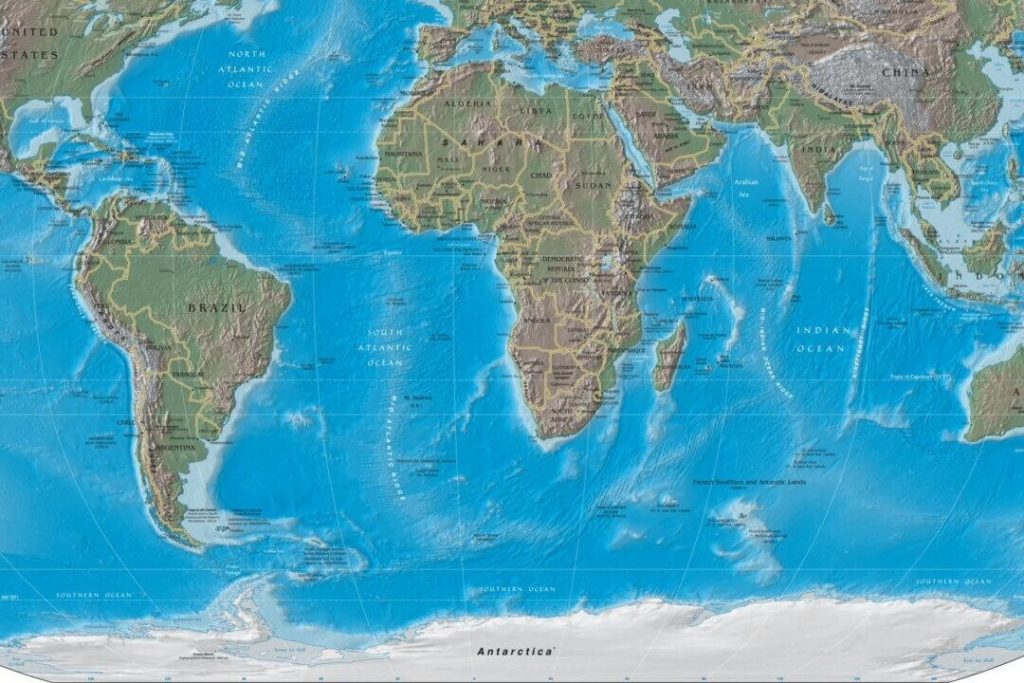The ongoing climate movement has faced significant challenges at this year’s United Nations Conference of Parties (COP29), held in Baku, Azerbaijan. Developing nations, which are typically seen as key participants in the global climate dialogue, have exhibited a remarkable level of disinterest and dissent. Notably, several resource-rich countries have chosen to send low-level delegates or withdrawn entirely from the conference, signaling a backlash against the UN’s anti-fossil fuel agenda. This year’s gathering follows the revelations of COP28, where the contradictions inherent in pushing for climate action in oil-dependent economies were laid bare. As the climate community grapples with these realities, COP29 stands as a critical reckoning, threatening the viability of outdated and anti-developmental policies that hinder the economic growth of developing nations.
The tone and framing of COP29 offer a refreshing divergence from previous climate conferences. Azerbaijani President Ilham Aliyev emphasized the intrinsic value of fossil fuels, referring to them as “a gift from God” and recognizing their role in global prosperity. This marked shift allows for open discussions about fossil fuel use, pushing back against the traditional narrative that often stigmatizes it. Leaders from Africa and Latin America are increasingly questioning the premise of an energy transition that demands an immediate halt to fossil fuel consumption, particularly while developed nations significantly rely on these resources. This emerging viewpoint highlights the ongoing power dynamics in energy policy, where high-income countries dictate terms that disregard the developmental needs of poorer nations.
In an unprecedented move indicative of this disconnect, newly elected Argentine President Javier Milei withdrew his country’s delegation after just a few days of COP29. Citing the need for pragmatic energy policies, Milei emphasized prioritizing national economic interests over global climate agendas that do not accommodate Argentina’s specific challenges, including energy crises and untapped natural resources. His administration’s stance resonates with a broader sentiment among Global South leaders—economic growth and energy security must come first, reflecting a departure from prior climate-focused rhetoric that has often sidelined developmental outcomes.
This departure from the status quo underscores a significant turning point for the climate movement and highlights the limitations of the UN’s one-size-fits-all approach. Milei’s actions serve as a wake-up call, demonstrating that many within the Global South reject the rigid orthodoxy of fossil fuel divestment that has been enforced by wealthier nations. The idea that developing countries should simply forgo fossil fuel development in favor of renewable energy is increasingly seen as unrealistic and misaligned with their immediate needs. For many of these countries, fossil fuels remain the primary energy source, powering 80 percent of global consumption, further complicating any transition to renewable sources amidst their pressing developmental goals.
As COP29 draws to a close, the stark disparity between the idealistic rhetoric of a global energy transition and the realities faced by developing nations has become increasingly exposed. Many in the Global South maintain that they will not be deprived of essential energy resources because the countries advocating for such restrictions continue to consume fossil fuels at an alarming rate. The disconnect between the prevailing global climate ideology and the pragmatic economic realities confronting developing nations poses a significant challenge to the future of climate accords. It is becoming increasingly clear that the narrative defining fossil fuels as relics of a harmful past fails to acknowledge their role as critical drivers of modernization and growth.
In conclusion, the events at COP29 reflect a paradigm shift that challenges the longstanding climate consensus. The discussions surrounding fossil fuel reliance—as articulated by leaders from resource-rich countries like Azerbaijan and through the actions of politicians like Argentina’s Javier Milei—illustrate a growing resistance within the Global South against policies perceived as detrimental to their development. As these nations advocate for their rights to energy sovereignty and economic advancement, the future of global climate agreements hangs in the balance. The call for a more balanced and realistic approach that accommodates the needs and aspirations of developing countries is louder than ever, suggesting a potential reconfiguration of priorities in the climate movement moving forward. Fossil fuels, depicted historically as obstacles to sustainability, are increasingly being viewed as vital assets essential for ensuring prosperity and stability in these nations’ futures.

